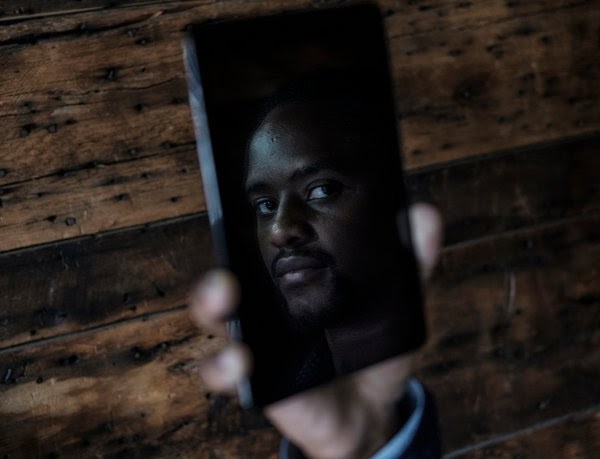NYT
by Quentin Hardy
Jason Mars is an African-American professor of computer science who also runs a tech start-up. When his company’s artificially intelligent smartphone app talks, he said, it sounds “like a helpful, young Caucasian female.”
“There’s a kind of pressure to conform to the prejudices of the world” when you are trying to make a consumer hit, he said. “It would be interesting to have a black guy talk, but we don’t want to create friction, either. First we need to sell products.”
Mr. Mars’s start-up is part of a growing high-tech field called conversational computing. This technology is being popularized by programs like the Siri system in Apple’s iPhone, and Alexa, which is built into the Echo, Amazon’s artificially intelligent home computing device.
Conversational computing is holding a mirror to many of society’s biggest preconceptions around race and gender. Listening and talking are the new input and output devices of computers. But they have social and emotional dimensions never seen with keyboards and screens.
Do we, for example, associate the stereotypical voice of an English butler — think of Jarvis the computer in “Iron Man” — with a helpful and intelligent person? And why do so many people want to hear a voice that sounds like it came from a younger woman with no discernible accent?








